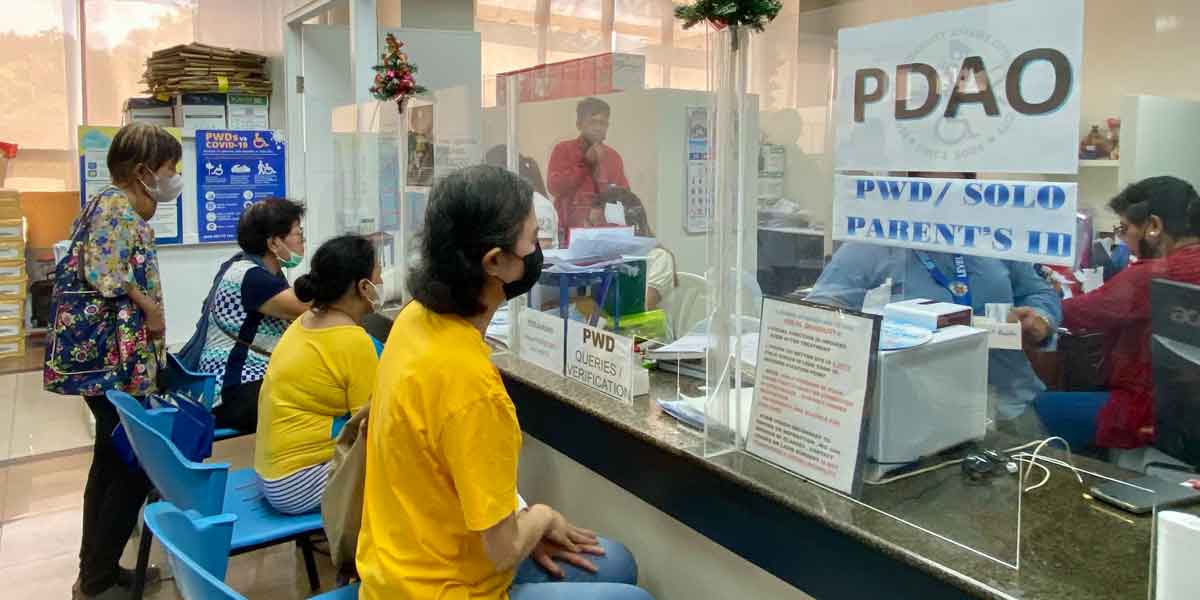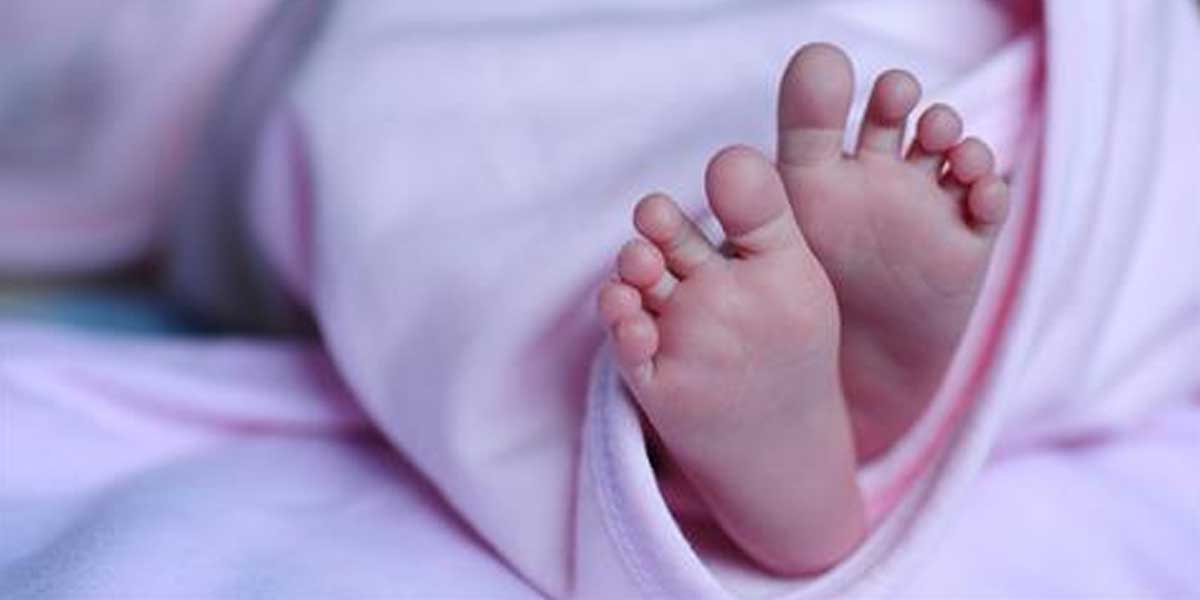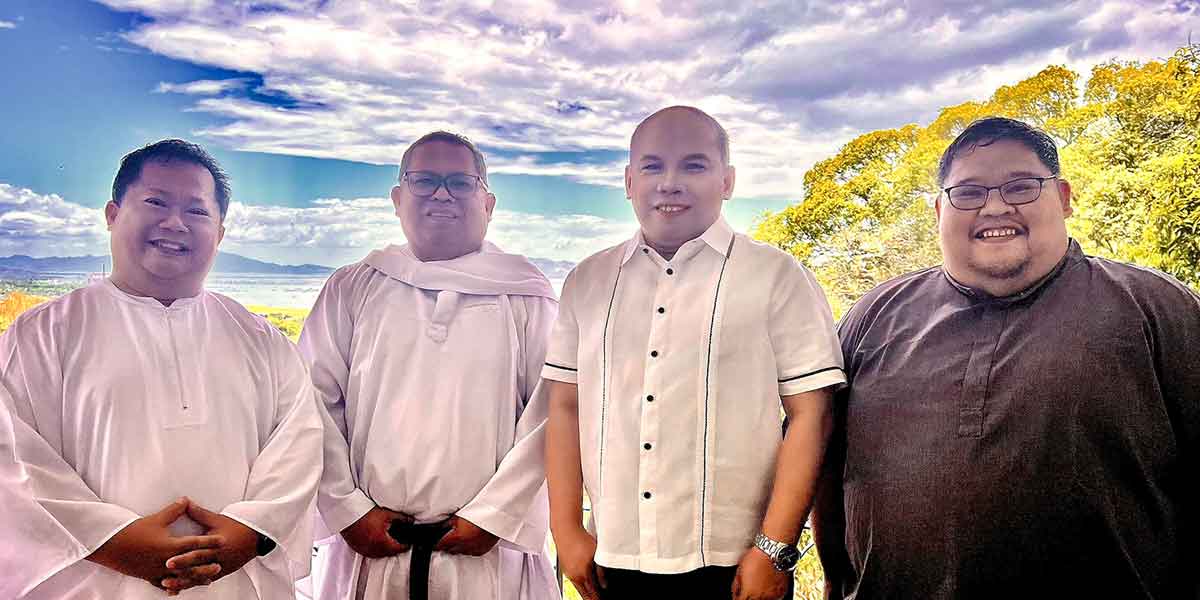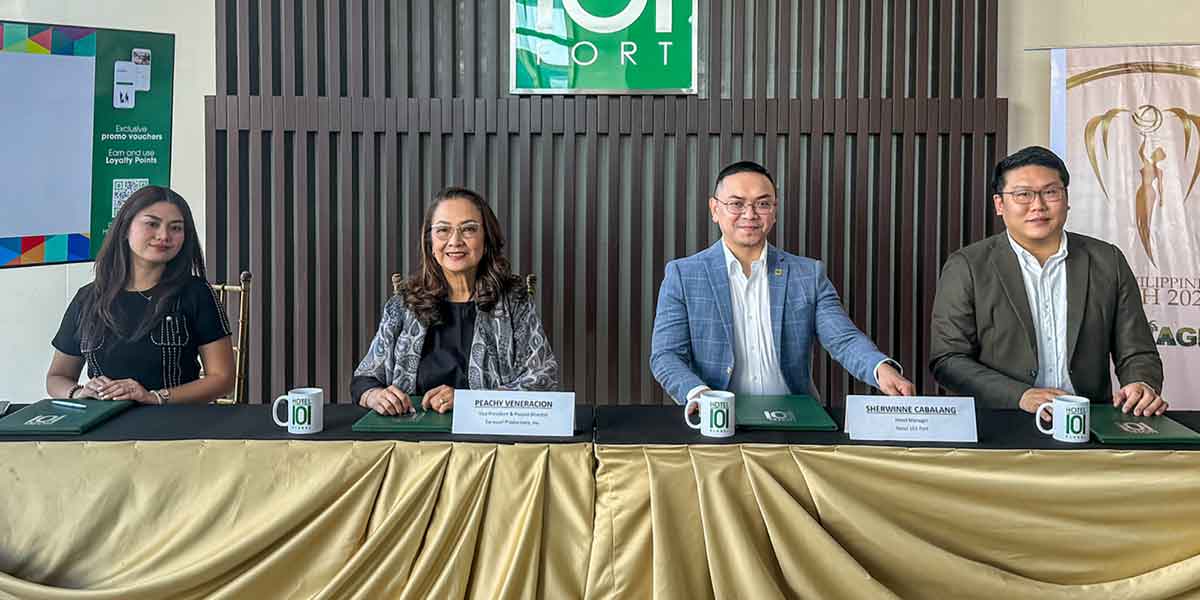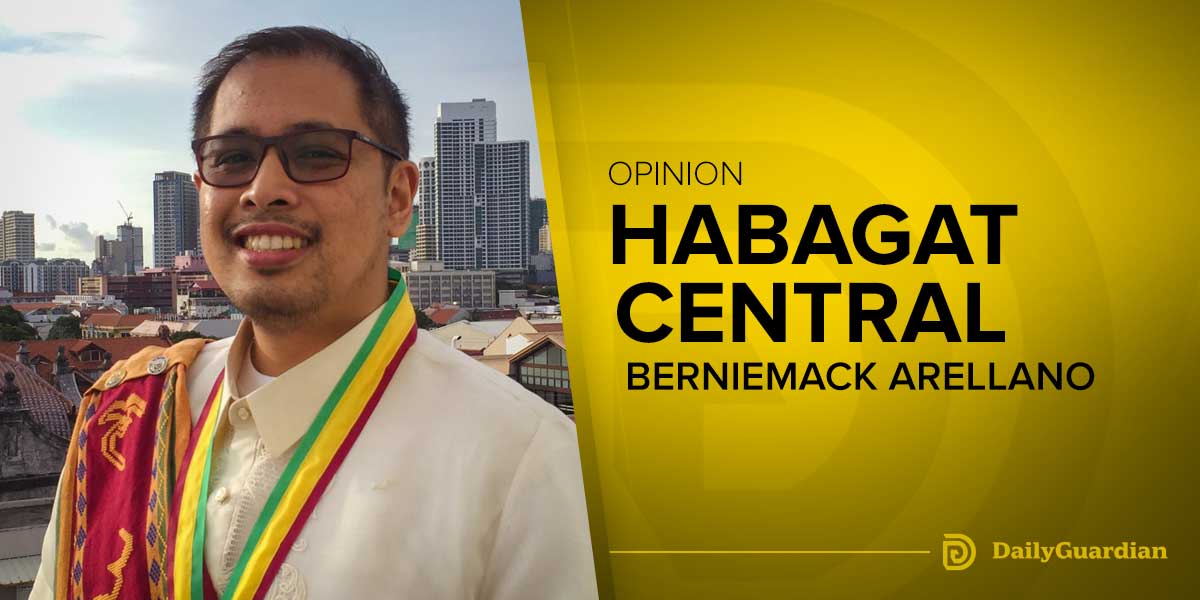 DUE to the exigency of the last phase of the recent political season, I deferred the continuation of this column on a serious case raised against Pope Francis. Leading theologians and Catholic Church leaders believe the Pope had stepped outside the boundaries of faith into the realm of heresy. This is alarming because it can create a schism and mislead the faithful with horrible consequences to their salvation.
DUE to the exigency of the last phase of the recent political season, I deferred the continuation of this column on a serious case raised against Pope Francis. Leading theologians and Catholic Church leaders believe the Pope had stepped outside the boundaries of faith into the realm of heresy. This is alarming because it can create a schism and mislead the faithful with horrible consequences to their salvation.
The theologians raising this issue have called on the bishops of the world to confront the Holy Father on his series of pronouncements and actuations that they deemed heretical. In their published letter, they said they fervently (ask) that other true shepherds will come to the rescue, in ways that we cannot. If they fail to do so, that is not our problem, but theirs to answer for (before God).
On April 30, Fr. Joseph Fessio and Mark Brumley of Ignatius Press published a short video asking that Church leaders should answer the open letter accusing Pope Francis of being “guilty of the delict of heresy and show how Franciss statements could be consistent with Catholic doctrine it shouldnt just be left to people to wonder.
Theres seven different … heresy counts, Fessio continued. Each one is clearly stated. Each one of them is backed up by previous Church teaching, either councils or popes. And then they show where Pope Francis has made statements that seem to contradict these Church teachings, and then also how by his actions and his inactions, in some cases, he was to corroborate that understanding.
The heresies the authors of the Open Letter attribute to Pope Francis are:
- A justified person has not the strength with Gods grace to carry out the objective demands of the divine law, as though any of the commandments of God are impossible for the justified; or as meaning that Gods grace, when it produces justification in an individual, does not invariably and of its nature produce conversion from all serious sin, or is not sufficient for conversion from all serious sin.
- A Christian believer can have full knowledge of a divine law and voluntarily choose to break it in a serious matter, but not be in a state of mortal sin as a result of this action.
- A person is able, while he obeys a divine prohibition, to sin against God by that very act of obedience.
- Conscience can truly and rightly judge that sexual acts between persons who have contracted a civil marriage with each other, although one or both of them is sacramentally married to another person, can sometimes be morally right, or requested or even commanded by God.
- It is false that the only sexual acts that are good of their kind and morally licit are acts between husband and wife.
- Moral principles and moral truths contained in divine revelation and in the natural law do not include negative prohibitions that absolutely forbid particular kinds of action, inasmuch as these are always gravely unlawful on account of their object.
- God not only permits, but positively wills, the pluralism and diversity of religions, both Christian and non-Christian.
Fessio said the theologians who raised the issues are not extremists, that because of modern technological advances the document is widely circulated instantly and because of the high stature of its authors, the document (should) be addressed by the highest pastoral authorities rather than ignore it.
He fears that the controversial statements can be interpreted and should be interpreted as consistent in meaning with the Churchs teaching and the doctrine of the faith. A response from the Pope will be good of the Church and for the good of the Holy Father and should be responded to in such a way that we can reunite people together under the one mind of Christ which is represented by His bishops.
You cant ignore these things, he said. They pile up. They create a narrative. They reinforce bad attitudes in people. And even people of good begin to say Well, there must be something to this. Why does the Holy See not speak out? Thats what Im worried about.
Indeed the silence would only create the belief that the accusations are true. That would be catastrophic.
Philippine Catholics wait for their pastors to act. Ill pick up some of its point for later.


